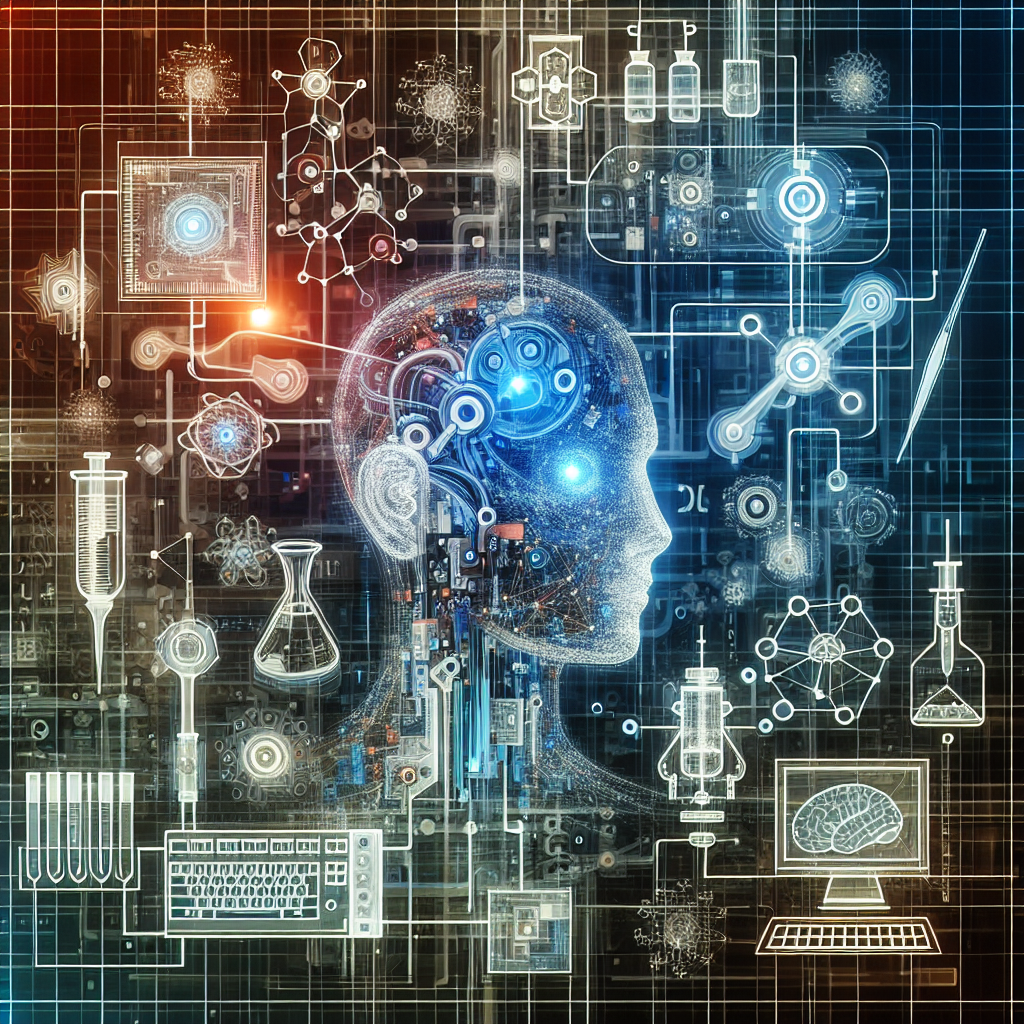The Future of Technology: Exploring the Potential of AGI
In recent years, there has been a lot of buzz around the concept of Artificial General Intelligence (AGI) and its potential to revolutionize the way we live, work, and interact with technology. AGI refers to a form of AI that is capable of performing any intellectual task that a human can do. This includes tasks such as problem-solving, reasoning, and learning from experience.
While we are still a long way from achieving true AGI, researchers and technologists are making significant progress in developing AI systems that can perform a wide range of tasks. In this article, we will explore the potential of AGI and its implications for the future of technology.
The Rise of AI
Artificial Intelligence has come a long way since its inception in the 1950s. Early AI systems were limited in their capabilities and could only perform simple tasks such as playing chess or solving logic puzzles. However, with advances in machine learning and deep learning algorithms, AI systems have become much more powerful and versatile.
Today, AI is being used in a wide range of applications, from autonomous vehicles to virtual assistants to healthcare diagnostics. These systems are capable of processing vast amounts of data and making decisions in real-time, often outperforming humans in tasks such as image recognition and natural language processing.
The Potential of AGI
While current AI systems are impressive in their capabilities, they are still limited in their scope. Most AI systems are designed to perform specific tasks and are not capable of generalizing their knowledge to new situations. AGI aims to overcome this limitation by creating AI systems that can learn and adapt to new tasks without the need for human intervention.
The potential of AGI is enormous. Imagine a world where AI systems can perform any intellectual task that a human can do, from writing novels to conducting scientific research to designing new technologies. AGI has the potential to revolutionize virtually every industry, from healthcare to finance to entertainment.
One of the key advantages of AGI is its ability to learn and adapt to new situations. Unlike traditional AI systems, which are trained on specific datasets, AGI systems can learn from experience and apply their knowledge to new tasks. This makes them much more versatile and capable of handling a wide range of tasks.
Implications for Society
The rise of AGI has significant implications for society. On the one hand, AGI has the potential to greatly improve our quality of life by automating tedious tasks, speeding up decision-making processes, and enabling new forms of creativity and innovation. On the other hand, AGI also raises concerns about the impact on the job market, privacy and security, and the ethical implications of creating machines that are more intelligent than humans.
One of the biggest concerns about AGI is its impact on the job market. As AI systems become more capable of performing a wide range of tasks, there is a risk that many jobs could be automated, leading to widespread unemployment and economic disruption. It will be crucial for policymakers and businesses to find ways to retrain workers and create new opportunities for employment in an AI-driven world.
Another concern about AGI is the potential for misuse and abuse. As AI systems become more intelligent, there is a risk that they could be used for malicious purposes, such as hacking into sensitive systems, spreading misinformation, or even causing harm to humans. It will be essential for researchers and policymakers to develop robust safeguards and regulations to ensure that AGI is used responsibly and ethically.
FAQs
Q: How close are we to achieving AGI?
A: While significant progress has been made in developing AI systems that can perform a wide range of tasks, true AGI is still a long way off. Researchers are still working on solving key challenges such as generalizing knowledge, learning from experience, and reasoning in complex situations.
Q: What are some potential applications of AGI?
A: AGI has the potential to revolutionize virtually every industry, from healthcare to finance to entertainment. Some potential applications of AGI include autonomous vehicles, personalized healthcare, intelligent virtual assistants, and automated scientific research.
Q: What are some of the ethical concerns surrounding AGI?
A: Some of the ethical concerns surrounding AGI include job displacement, privacy and security risks, and the potential for misuse and abuse. It will be crucial for researchers and policymakers to address these concerns and develop safeguards to ensure that AGI is used responsibly and ethically.
In conclusion, AGI has the potential to revolutionize the way we live, work, and interact with technology. While there are still significant challenges to overcome, researchers and technologists are making rapid progress in developing AI systems that can perform a wide range of tasks. It will be essential for policymakers, businesses, and society as a whole to prepare for the implications of AGI and ensure that it is used responsibly and ethically.

